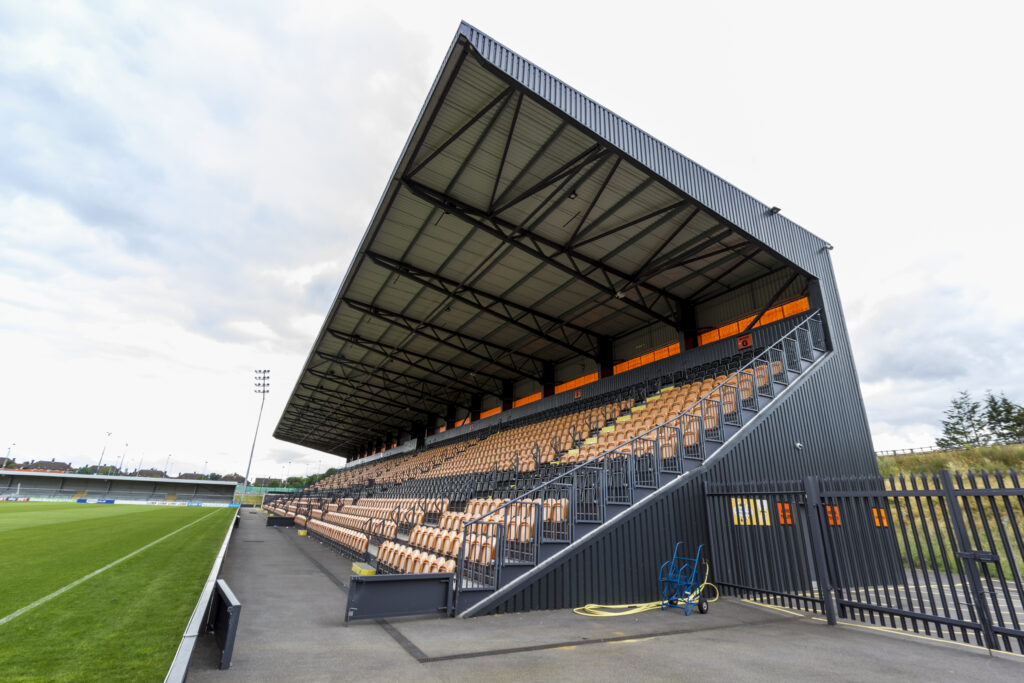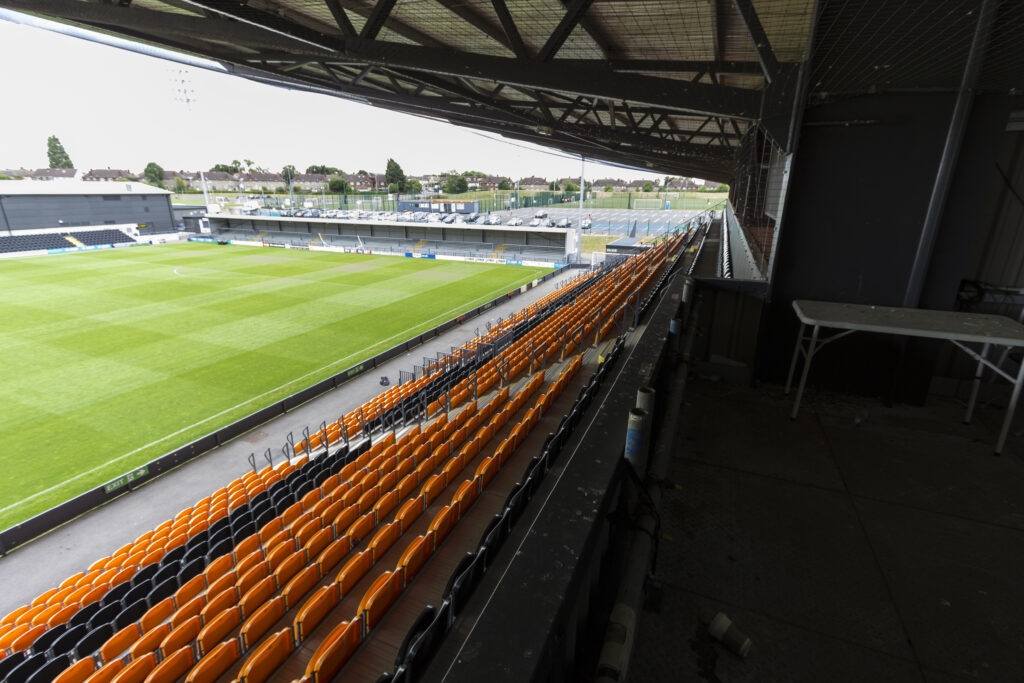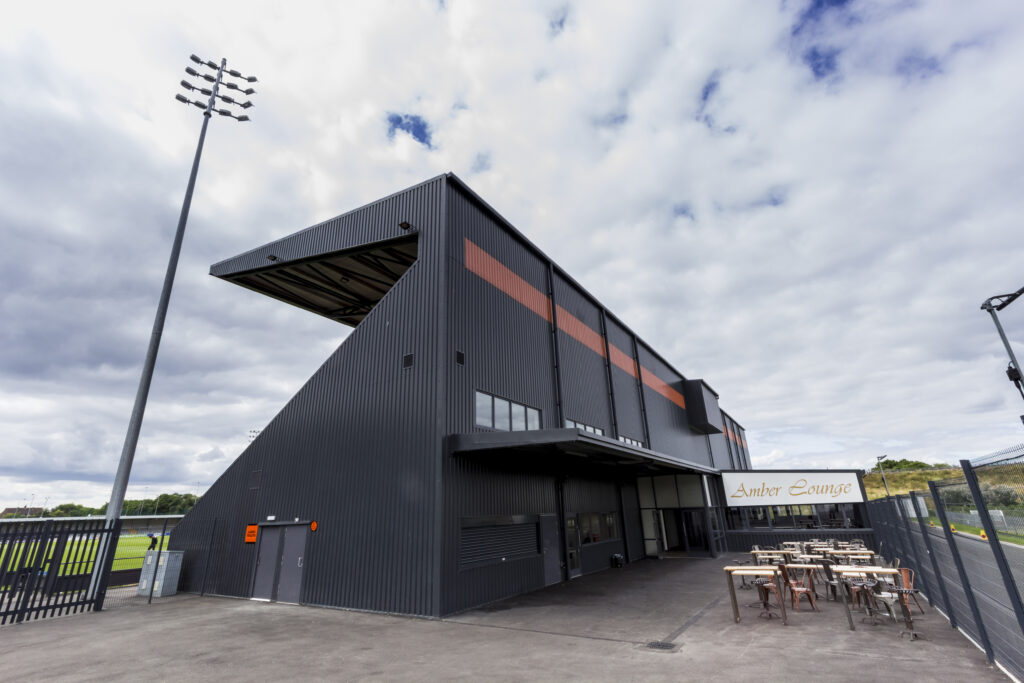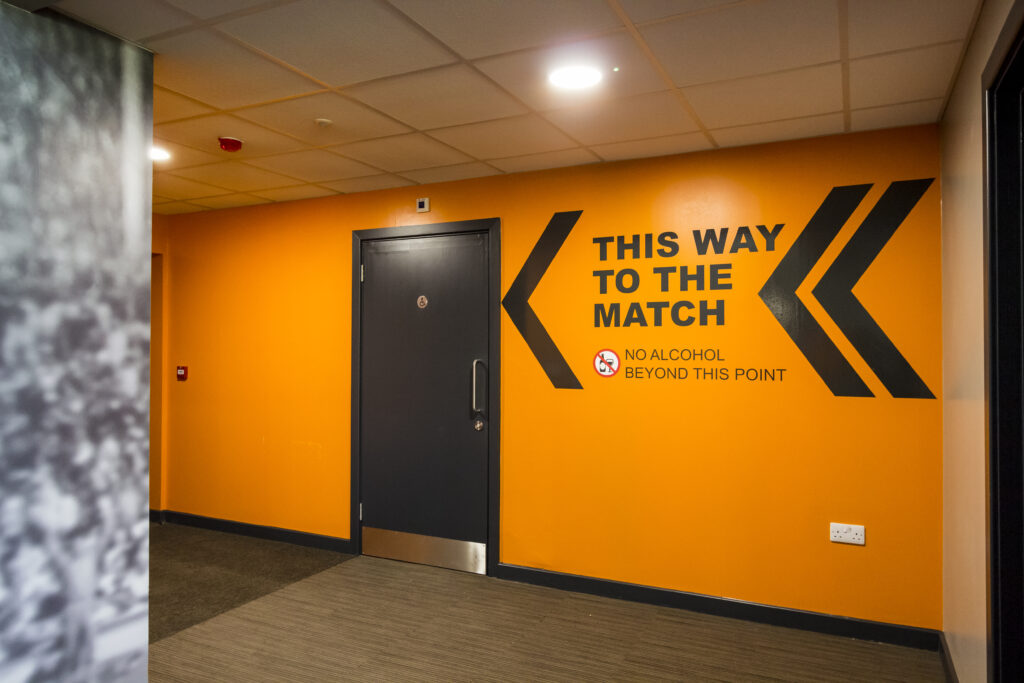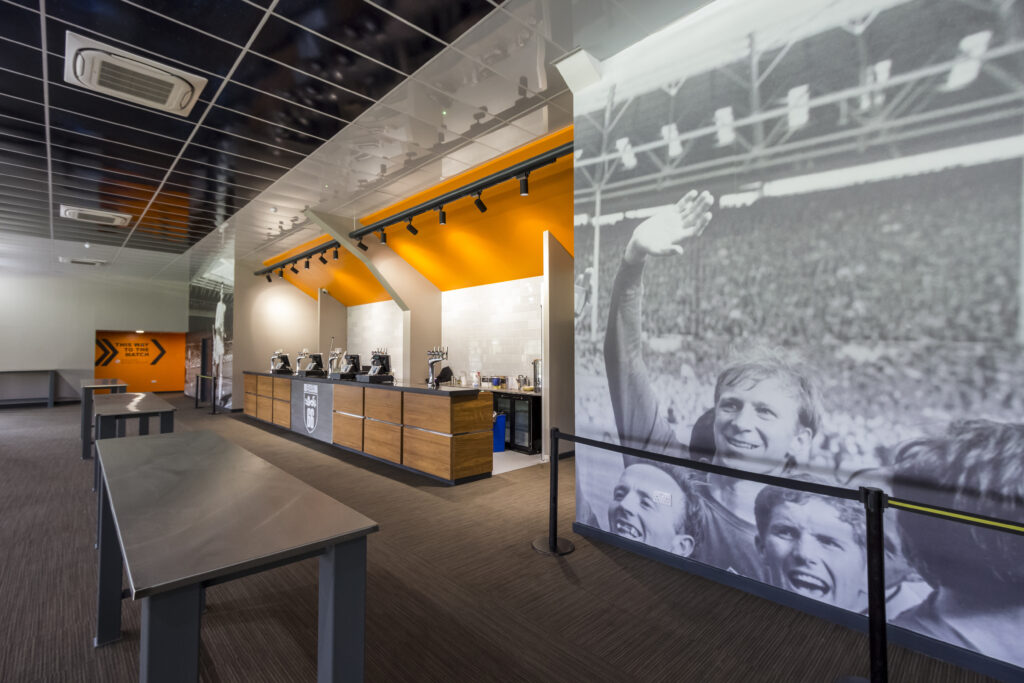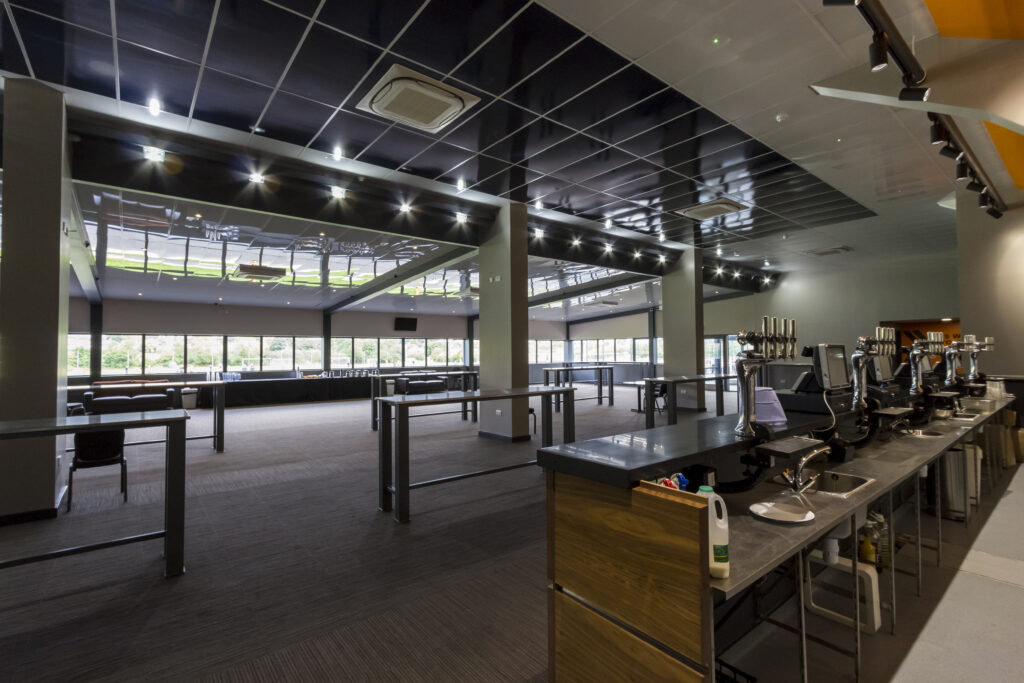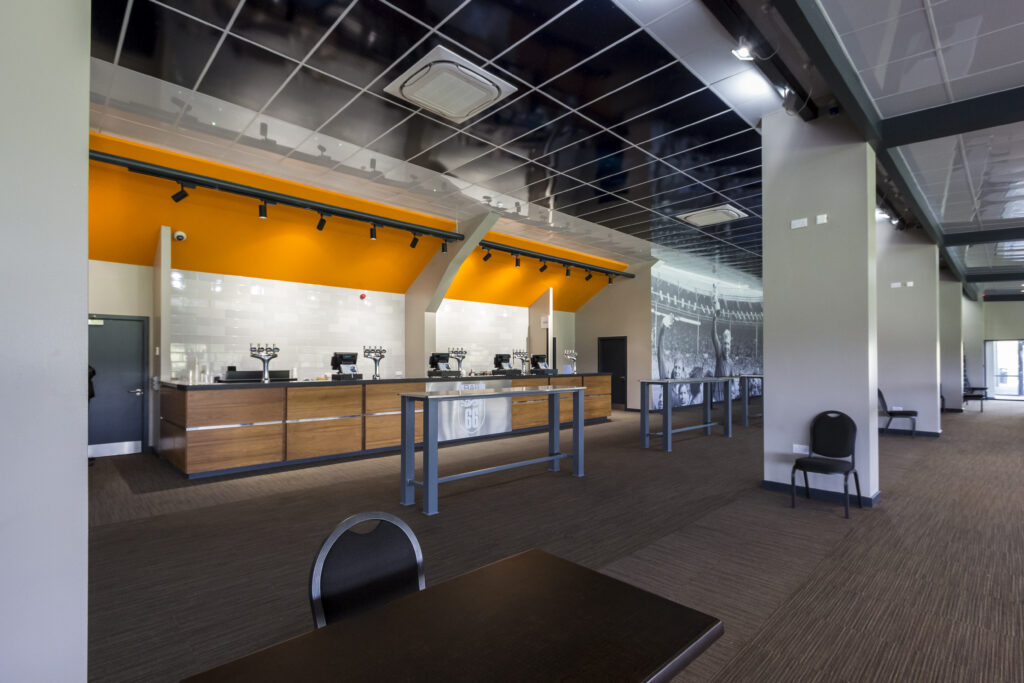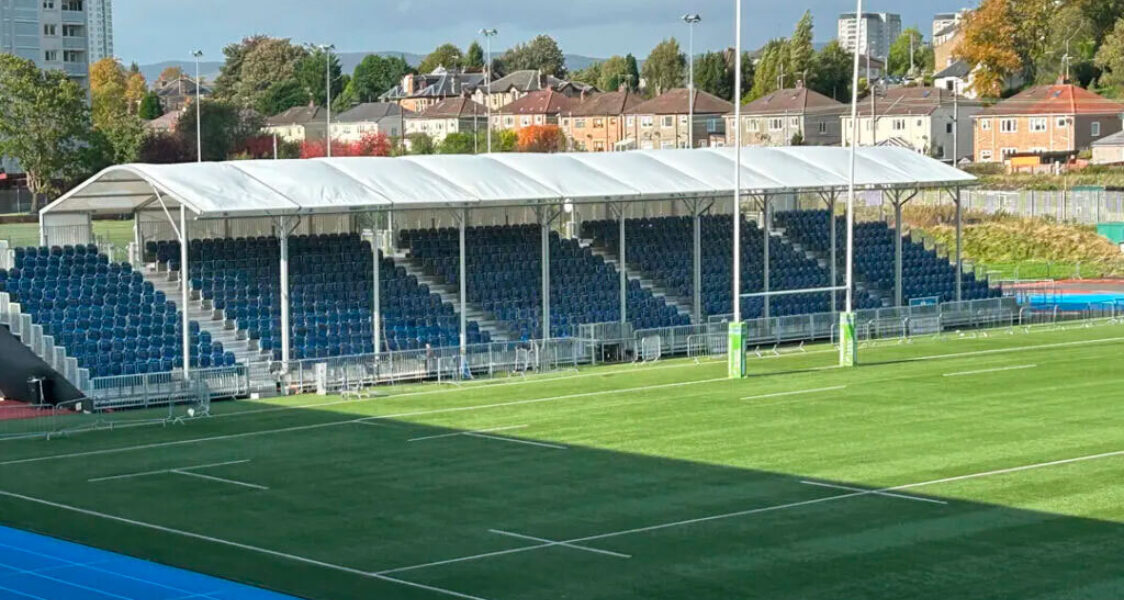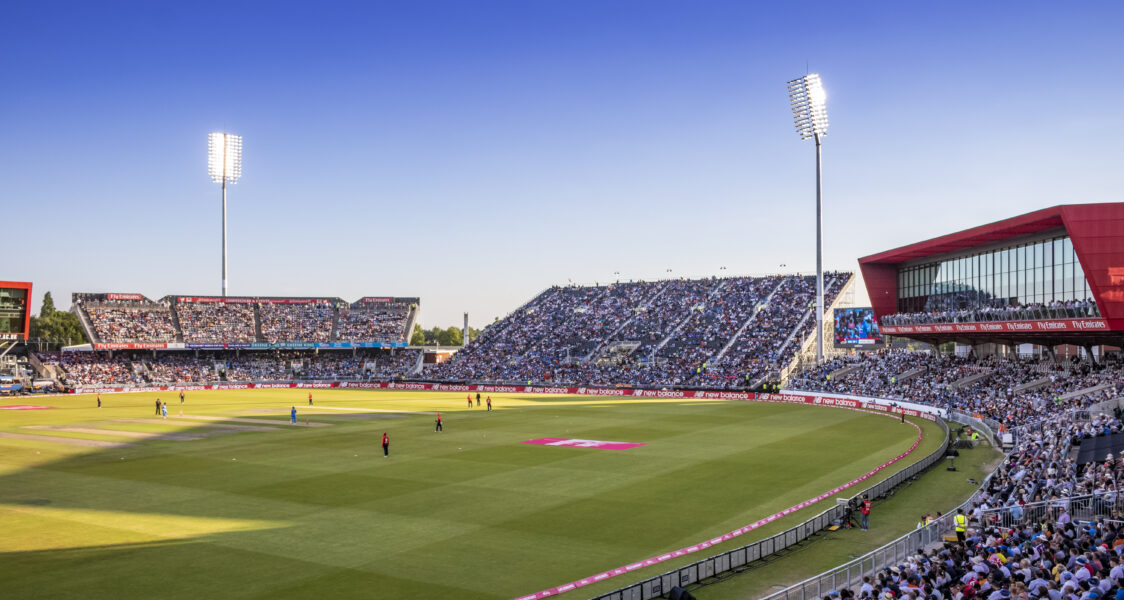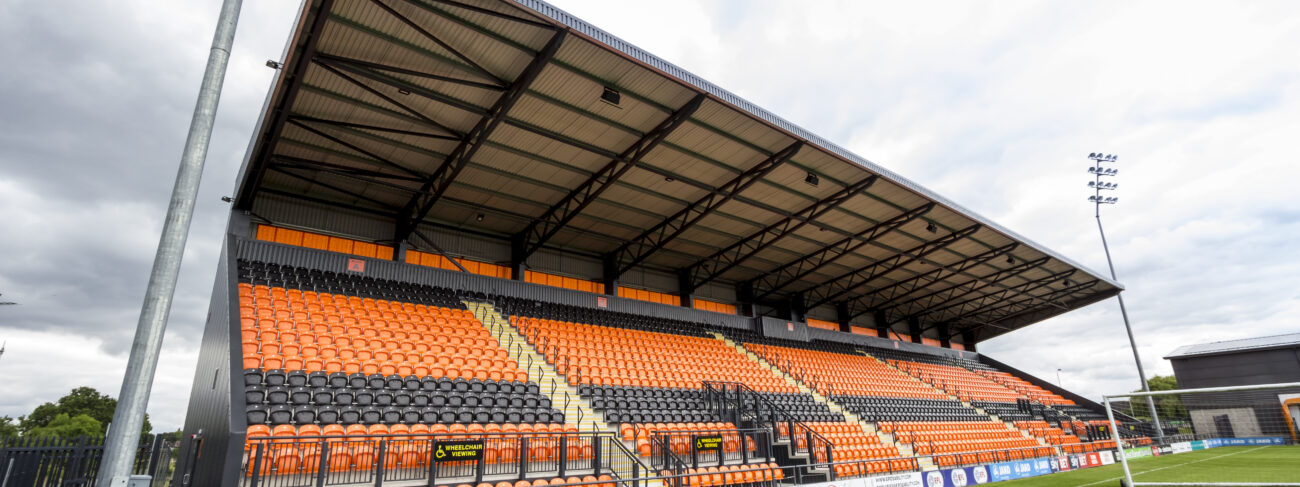
GL events UK was appointed to construct Barnet Football Club’s West Stand. With only 10 weeks to go before the start of the season, and a fit-out contractor already appointed, the club needed to complete the stadium renovation in readiness for Conference Premier Football.
Commodities
Seating
The new West Stand was designed to hold 3,000 spectators, enabling The Hive to reach a total capacity of 5,600 and also satisfy Football League admission regulations.
The hybrid system involved a permanent steel frame on concrete pad foundations, topped with an extruded aluminium seating deck and risers. This enabled the four-seat modules to be easily located on the seating deck without any drilling.
It took just six weeks to complete the entire shell, from the pouring of foundations to the end result.
Stand redevelopment
GL events UK returned to the Hive to remove the existing North Stand Terrace and to construct a new seated stand, in order to increase the stadium’s capacity and also comply with strict regulations.
The old 1,000 capacity standing terrace was demolished and replaced with a 2,600 all-seater stadia and cantilever roof, built on a concrete terrace structure. DDA compatible facilities were incorporated in the design to comply with local authority requirements and to enhance the experience for all spectators.
Rows of orange and black seats were used to match the branding of the west stand and a retractable tunnel, in the club’s orange colour, was installed as a link between the players’ changing rooms and the pitch.
Updated internal facilities
As well as the new seating, spectators received a new internal bar and banqueting facilities, along with new toilets.
To the rear of the property the team constructed a new 100m access road plus associated infrastructure works, storm water attenuation, foul drainage, and hydro-breaks to protect the stadium in the event of a storm or flood. Also, to the rear is a single-storey steel frame structure with curtain walling to be used for hospitality.
The structural pile foundations, ground works, storm attenuation and foul drainage were all completed to a high standard. The total works were completed in 2016 and took a total of seven months.
